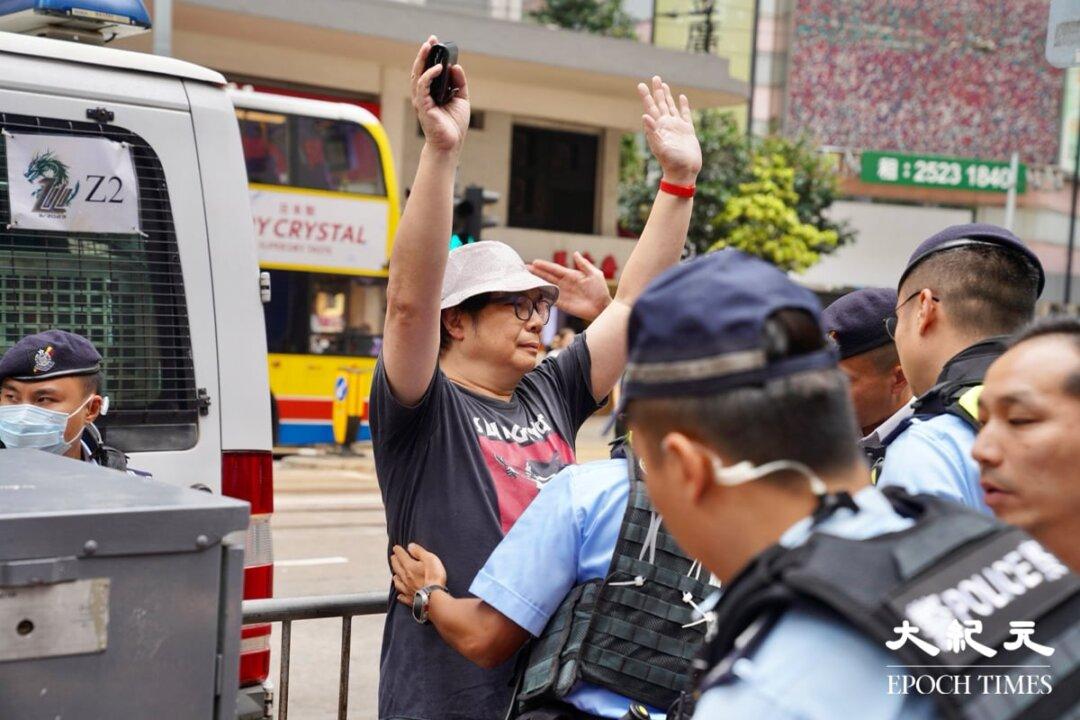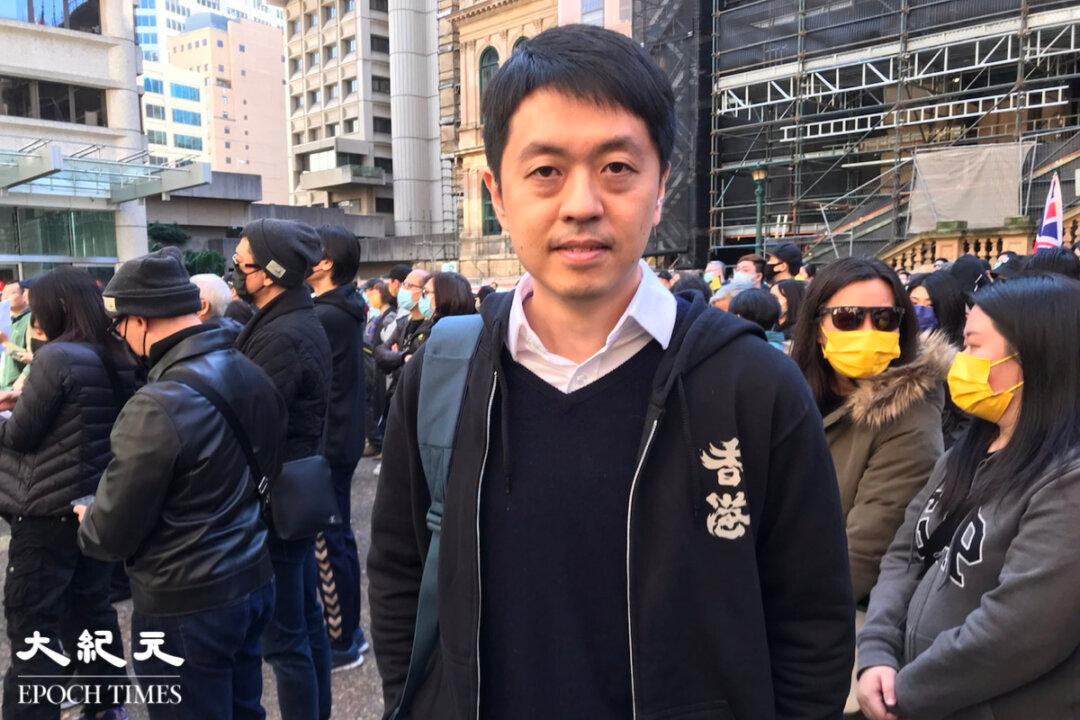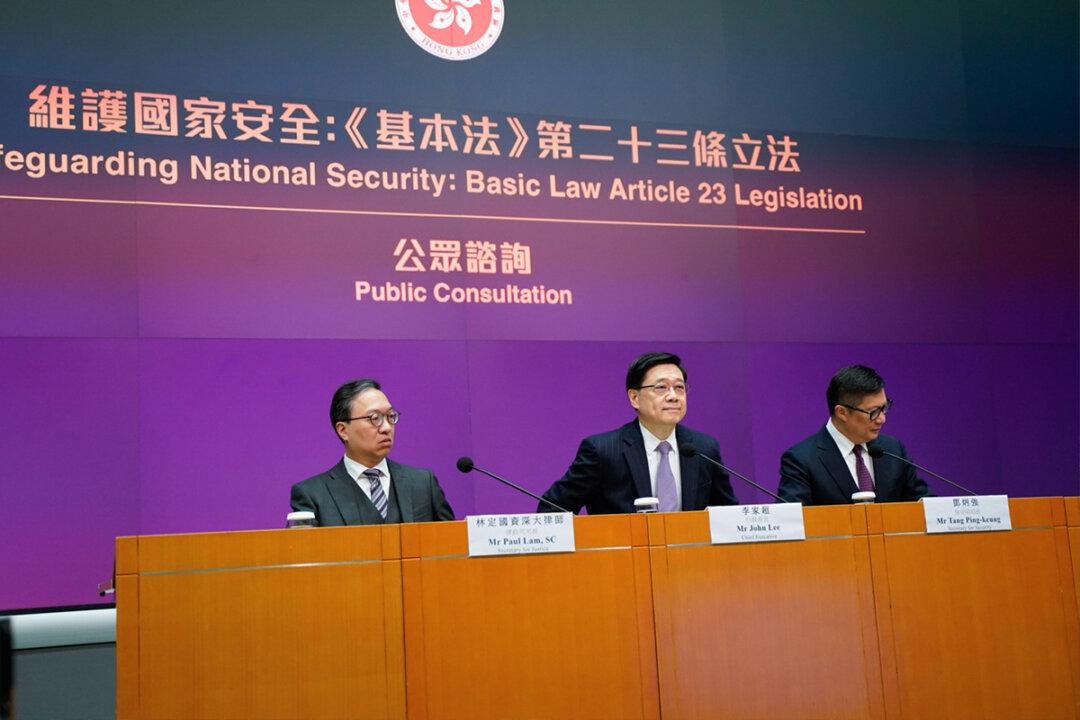The Hong Kong Education Bureau has recently updated the Chinese Language Curriculum and Assessment Guide for primary and secondary schools, incorporating the term “cultivating cultural self-confidence,” commonly used by the Chinese Communist Party (CCP). The updated guidelines also emphasize the need to “foster students’ awareness of protecting national culture” and have altered the original wording that encouraged the development of “critical” thinking skills. Concerns have arisen among some Hong Kong citizens who previously received education in mainland China, suggesting that the introduction of CCP culture into Hong Kong is undermining the transmission of genuine Chinese traditional culture and hindering students’ ability to think independently when the CCP’s ideology is directly propagated to students through articles in the language course.
‘Safeguarding Cultural Security’ Is from the CCP Education Charter
“Cultural self-confidence” is one of the “Four Confidences” advocated by Xi Jinping, following Hu Jintao’s “Three Confidences” in Chinese socialism with distinctive characteristics (confidence in our chosen path, confidence in our guiding theories, and confidence in our political system). It has been repeatedly mentioned by Xi Jinping and was included in the CCP Charter in 2017, becoming a “spiritual guide” for the entire party.On Feb. 15, Hong Kong’s Secretary for Education, Christine Choi Yuk-lin, spoke during a legislative council debate on “making Chinese History a compulsory subject at the senior secondary level.” She argued that relying solely on Chinese History as a compulsory subject may not be the most effective way to enhance national sentiment and identity at the senior secondary school level. She believed that a “multi-pronged approach,” including emphasizing Chinese culture in Chinese language education, would be more effective in “enhancing cultural confidence” and fostering connection to one’s nation and culture.




